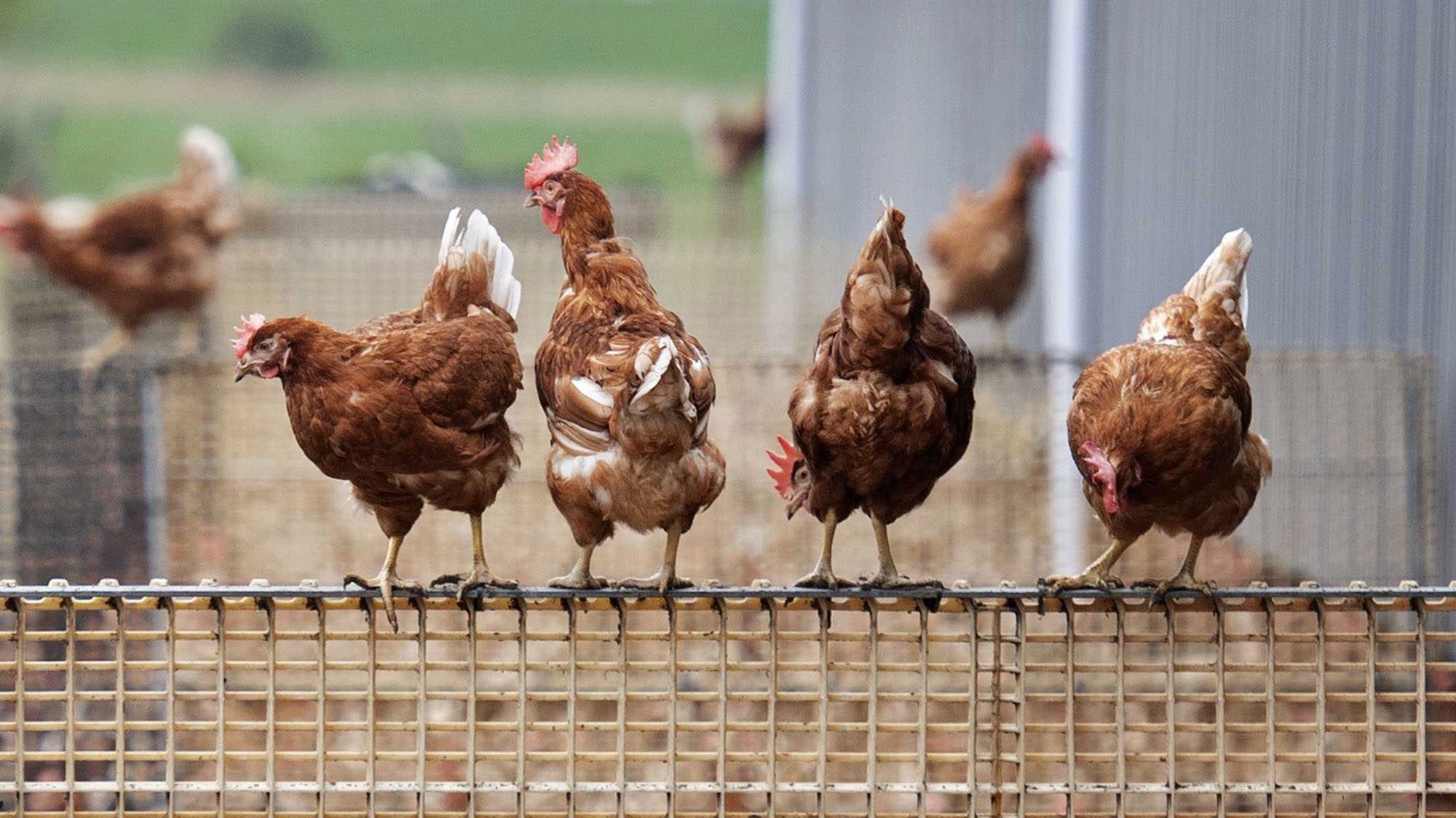The 2021-2022 bird flu epidemic season is the largest in history in Europe, with an unprecedented geographical extension to 37 countries, including Portugal, the European Center for Disease Prevention and Control (ECDC) warned on Monday.
The data released this Monday by the European center indicate that the highly pathogenic avian flu season is the “largest observed in Europe”with a total of 2,467 outbreaks in poultry, 48 million birds slaughtered in the affected establishments and 187 detections in captive birds.
In addition, registered 3,573 cases of highly pathogenic avian influenza in wild birdsThe report of the European Food Safety Authority (EFSA) and the ECDC also advances.
Bird flu detected in Lisbon on a turkey farm
The European agency warns that, in addition to the number of registered cases, the “The geographic extent of the outbreak is unprecedented”taking into account that it extends from the Svalbard islands, an archipelago in the Arctic belonging to Norway, to the south of Portugal and to the east of Ukraine, affecting 37 countries in Europe.
Despite the exceptionally large number of new cases detected in birds, as well as numerous transmission events of avian influenza to different mammalian species, no human transmission has been observed in the European Union and the European Economic Area (EU/EEA). ) in recent years. . ”, the ECDC said.
The European center advances that, worldwide, only a small number of asymptomatic or mild symptomatic human infections have been reported, which means that the “global risk for the population remains at low levels, but slightly higher for people with Professions”. exposed to infected birds.
According to the ECDC, Influenza viruses that circulate in animal species such as pigs or birds can sporadically infect humans. and have the potential to severely affect public health.
Pigs have emotions and are just as smart as dogs.
The ECDC exemplifies with the epidemics of avian influenza H5N1 in Egypt or H7N9 in China, or the 2009 influenza pandemic h1N1 caused by a virus that was initially transmitted from pigs to humans.
It is vital that clinicians, laboratory experts, and health experts in the animal and human sectors collaborate and maintain a coordinated approach. Surveillance is needed to identify influenza virus infections as early as possible,” stresses Andrea Ammon, Director of the ECDC.
The new guidelines published this Monday by the ECDC underline the importance of adopting safety and health measures at work when contact with animals cannot be avoided, which should be reinforced in situations where zoonotic influenza has been identified in animals.
furthermore, the Poultry farms should periodically review their risk assessment and ensure that all necessary technical, organisational, maintenance and hygiene measures are taken to prevent workers from becoming infected.
According to the guidelines, public health professionals should also be attentive to the need to test cases of possible contagion in people with respiratory diseases and recent exposure to potentially infected animals.
Zoonotic influenza testing should also be considered in patients with severe acute respiratory illness of unknown origin, as well as in critically ill patients with prior exposure to animals.
At the end of August, the General Directorate of Food and Veterinary Medicine (DGAV) said that At that time, Portugal had 25 outbreaks of avian influenza infection..
The bird flu detected in Évora now has 25 outbreaks in Portugal
The first outbreak of avian influenza was detected on November 30, 2021 in a domestic chicken coop in the district of Setúbal, and since then and until August 29 they have been confirmed. 25 bulbs highly pathogenic avian influenza infection, 17 of which in poultry, including commercial turkey, chicken and duck farms, a private collection of poultry, domestic poultry and urban park birds.
still joined eight occurrences in wild birds.
Source: Observadora
